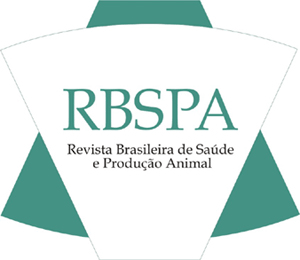This study investigated the influence of stocking density on the performance and physiological parameters of juvenile pacu (Piaractus mesopotamicus) reared in net cages. A total of 630 pacus (56.81 ± 7.76g) was randomly distributed into nine net cages (1m³), located in pond without water renovation. The experimental design was completely randomized with three densities (30; 70 and 110 fish/m³) and three replicates. The experiment was conducted over 90 days, with biometric measurements carried out every 30 days. At the end of the experiment, blood samples were collected from the fish to evaluate blood glucose, hematocrit, hemoglobin concentration, total plasma protein and chloride and then they were removed from the net cages to evaluate the productivity parameters. The results were analyzed by regression analysis. At 30; 60 and 90 days, there was a linear effect for weight and length, which decreased with increasing stocking densities. At the end of 90 days, the weight gain decreased with increasing densities and the reverse was observed in biomass gain. There was no differences in feed conversion ratio and survival rate. Only hemoglobin concentration, hematocrit value and plasma total protein levels were presented with positive linear correlation and increased with increasing densities. In spite of limited space available in the highest density, there was no adverse effect on the growth of pacu raised in cages for 90 days and it was considered the most adequate since it was not limiting productivity by providing a state of comfort for fish, resulting in better production.
blood glucose; freshwater fish; Piaractus mesopotamicus; production; stress
